Hip Hop/ Rap
Drake’s UMG Lawsuit Dismissed, But Payola Allegations Shake the Music Industry
In a ruling that has reignited debate about transparency in the music business, Judge Jeannette A. Vargas of the U.S. District Court for the Southern District of New York dismissed Drake’s defamation lawsuit against Universal Music Group (UMG). The court determined that the allegedly defamatory lyrics in Kendrick Lamar’s “Not Like Us” were “non-actionable opinion.”
Drake’s UMG lawsuit stemmed from a fiery feud between Drake and Kendrick Lamar that began in 2024 and spilt into headlines, diss tracks, and social media battles. But beyond the rap rivalry, Drake’s filing opened a Pandora’s box of industry secrets—accusing UMG of bot manipulation, shady Spotify deals, and modern-day payola tactics.
The Allegation: Bots and Fake Streams
Drake’s most explosive claim was that UMG used bots—automated programs designed to mimic listener activity—to boost Lamar’s track “Not Like Us” on Spotify. The lawsuit alleged that UMG paid third parties to inflate the song’s streams artificially, ensuring it dominated playlists and charts.
Industry insiders know this problem well. “Streaming farms,” where bots loop songs repeatedly to inflate numbers, have plagued digital platforms for years. Studies estimate that over 10% of all music streams could be fake. While smaller artists are often penalized for such practices, major labels allegedly use similar tactics through sophisticated networks, sometimes shielded by intermediaries.
As one anonymous A&R executive told Rolling Stone, “We use [streaming services] too for some of our artists. It’s like performance-enhancing steroids—we just need to be a little bit better.”
Drake Turns Up Legal Heat on UMG, Demands Kendrick Lamar’s Contract and Abuse Evidence
The Licensing Controversy: Pay Less, Play More
Drake’s second major accusation targeted UMG’s alleged deal with Spotify—claiming the label accepted lower licensing fees in exchange for enhanced promotion of “Not Like Us.” The arrangement, if true, echoes an evolved form of payola—the historic “pay-to-play” system that once plagued radio.
Non-cash incentives such as playlist placements, algorithmic boosts, and advertising discounts have now replaced envelopes of cash. This “digital payola” benefits streaming platforms and major labels while leaving smaller artists at a disadvantage—and often unaware of the deals shaping their careers due to non-disclosure agreements.
The Fallout: Did Drake Really lose?
While Drake’s lawsuit has been dismissed, his allegations highlight persistent ethical issues in the streaming era. Whether he’s seen as a fearless whistleblower or a bitter loser in his feud with Kendrick Lamar, his claims echo a growing demand for accountability.
Public Knowledge, a nonprofit advocacy group, has urged the Federal Trade Commission (FTC) to open a Section 6(b) investigation into label-streaming relationships. Such a probe could pierce NDAs, compel transparency, and expose whether music giants are gaming the system to manipulate what millions hear daily.
Until that happens, the beat goes on—and the shadow of digital payola looms over every chart-topping hit.
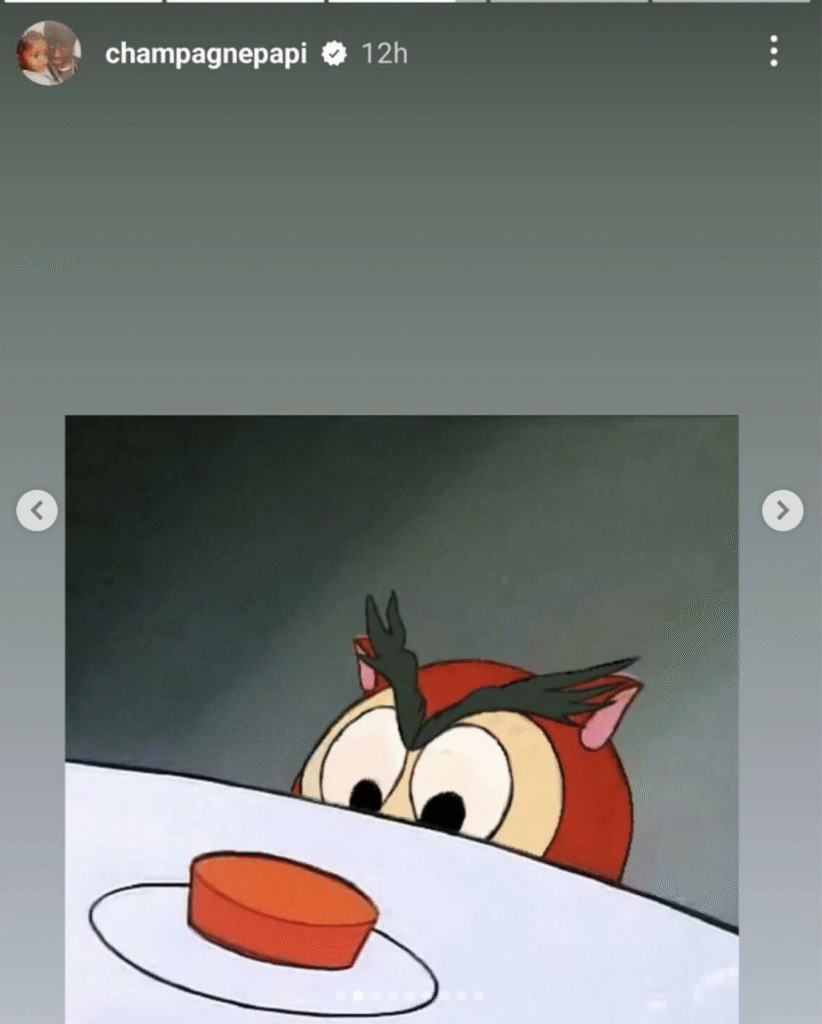
Drake’s Red Button on Fake Streaming Numbers and Bots


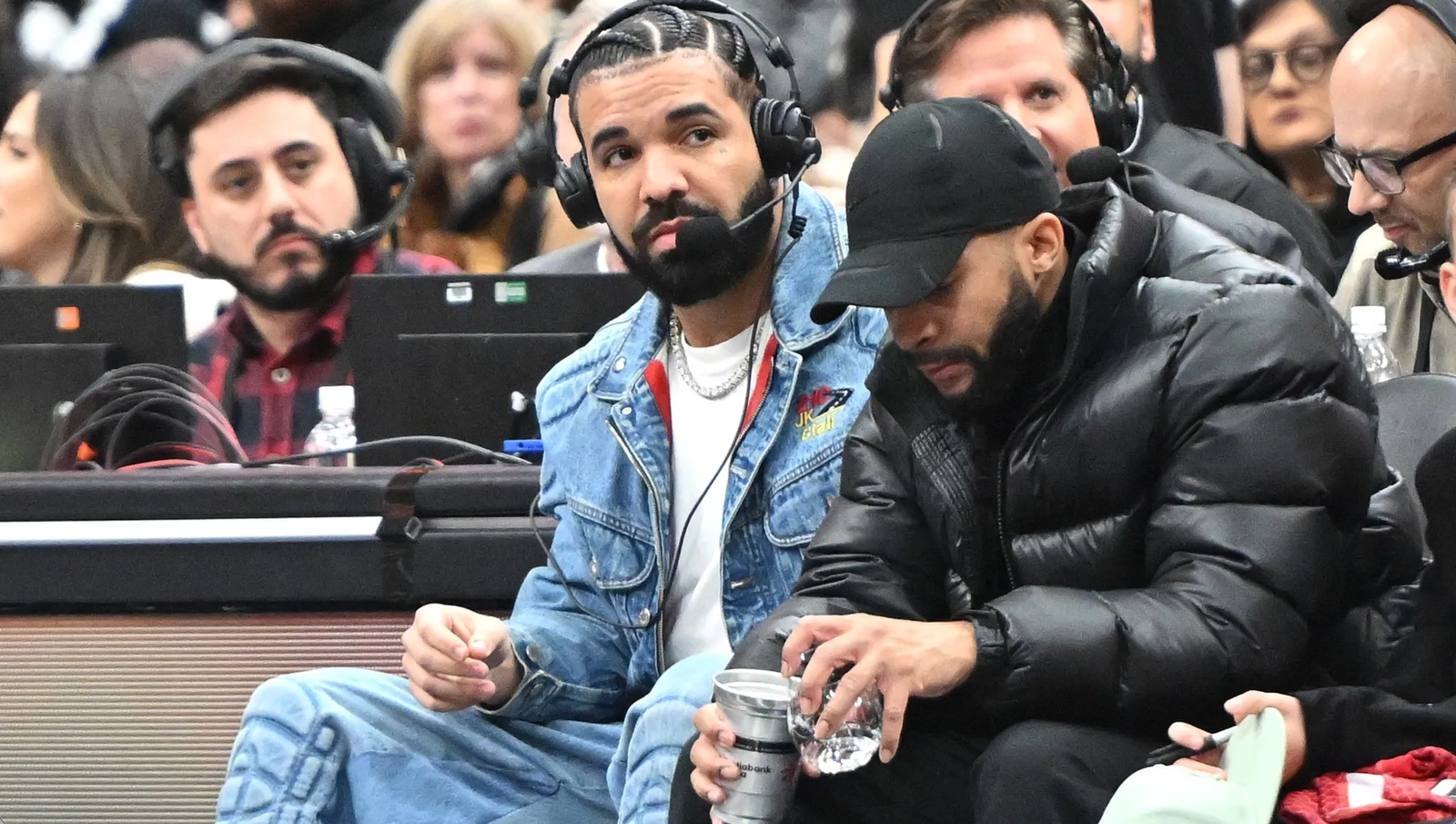








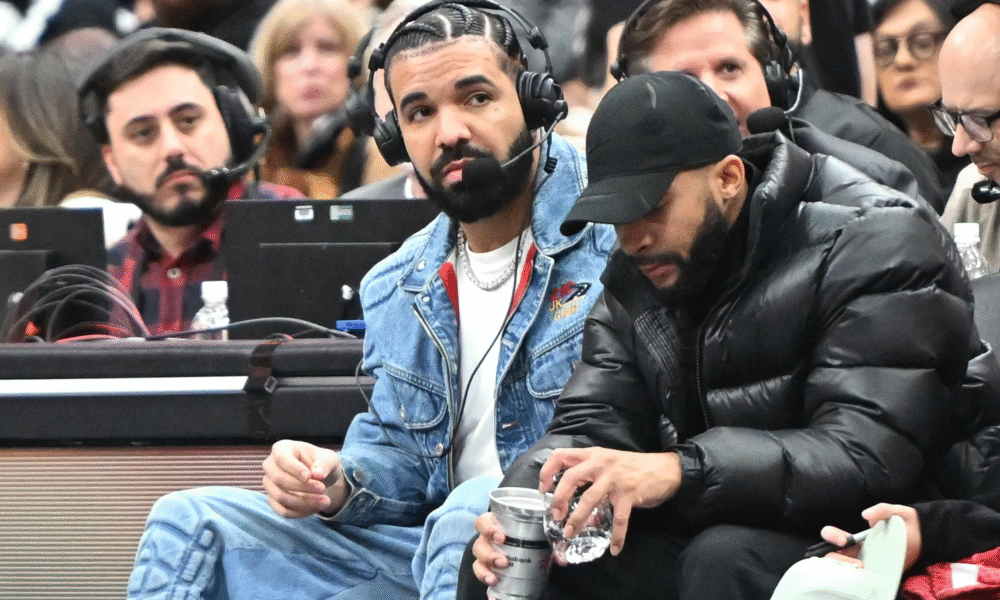
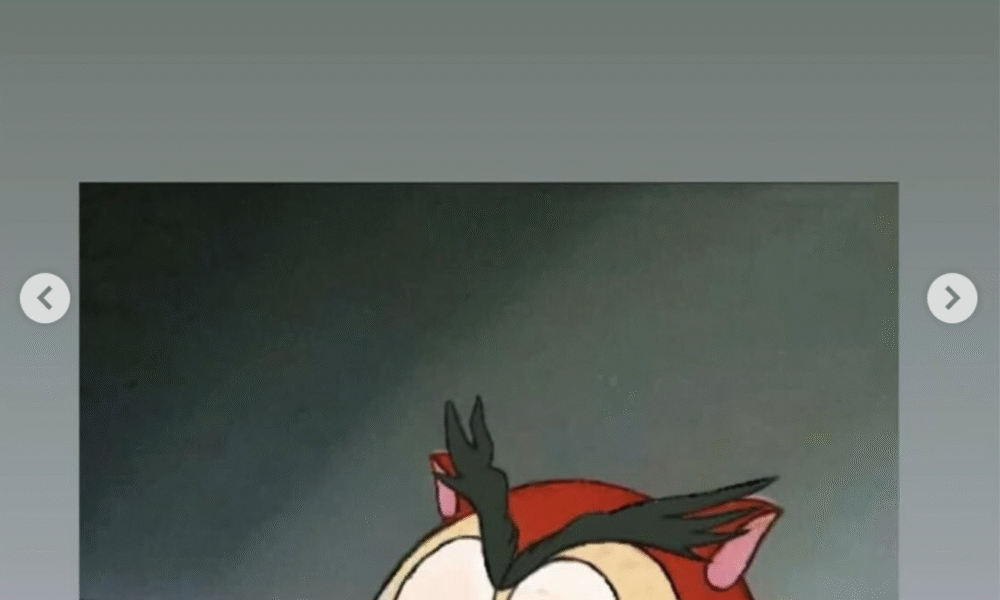
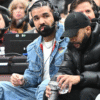


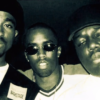








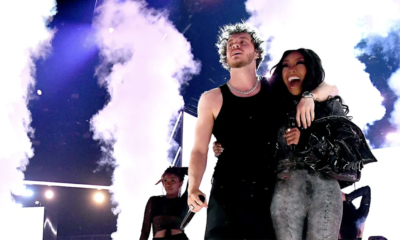



































Pingback: Spotify Lawsuit Claims Drake’s Spotify Streams Were Fake
Pingback: Balenciaga Photographer Sues Drake over ‘What Did I Miss?’